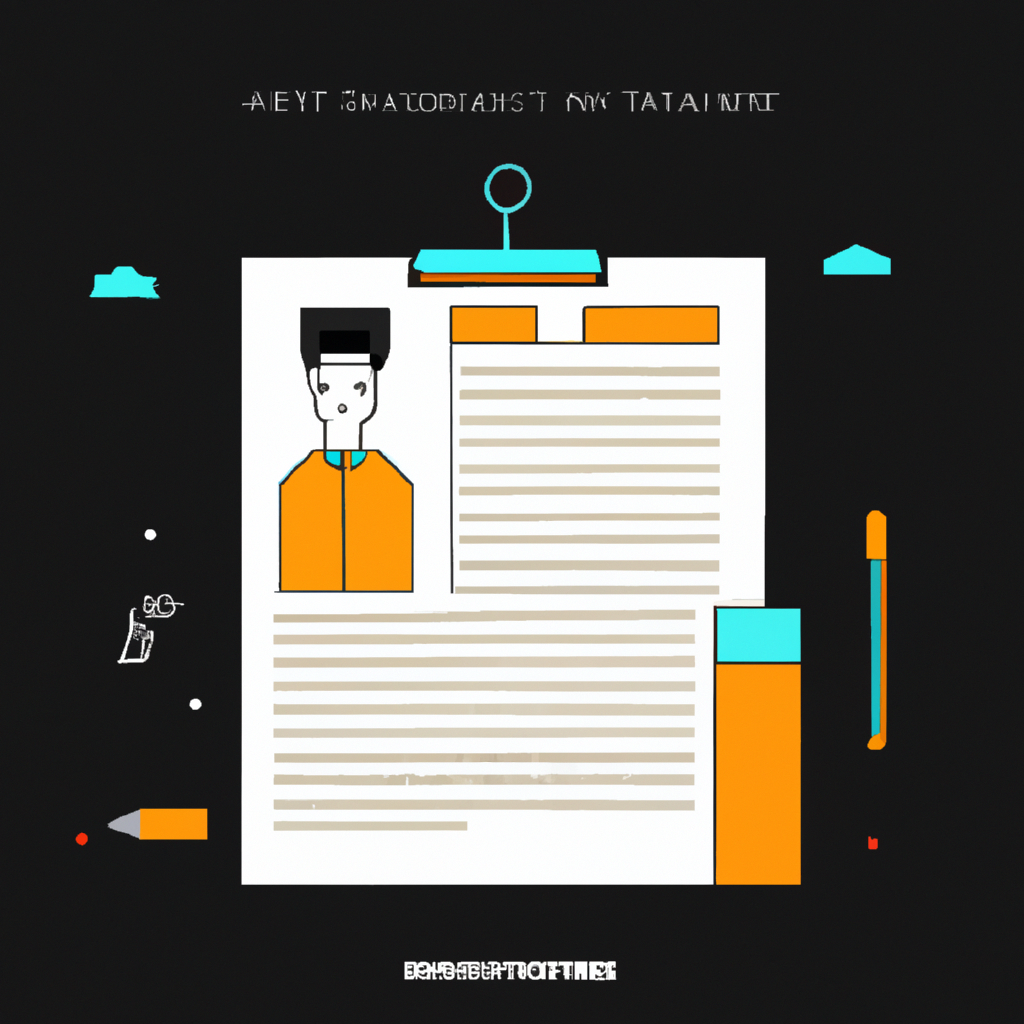Optimize Your Resume Like a Pro: A Comprehensive Guide to Using Powerful Keywords, Action Verbs, and Hidden Formatting Techniques for a Job-Winning Resume
In today's competitive job market, your resume is your calling card. It's the first impression a potential employer gets of you, and it's essential to make it a strong one. No matter how qualified you are, if your resume doesn't stand out, you're less likely to land an interview. This guide will help you optimize your resume like a pro, using powerful keywords, action verbs, and hidden formatting techniques that will make your resume a job-winning one.
Why Resume Optimization Matters
Resume optimization is the process of strategically tailoring your resume to ensure maximum impact. It involves identifying and highlighting your most relevant skills, experiences, and achievements and presenting them in a way that's easy for recruiters and hiring managers to understand.
By optimizing your resume, you can:
- Increase your chances of being selected for an interview
- Showcase your most relevant skills and achievements
- Make it easier for potential employers to find and understand your resume
The Power of Keywords
Keywords are specific terms or phrases that employers use when searching for candidates in job search engines or Applicant Tracking Systems (ATS). They are typically related to the job title, industry, skills, or qualifications that the employer is looking for.
To ensure that your resume shows up in relevant search results, you need to include the right keywords. By using the same language as employers, you're more likely to be matched with job opportunities that are a good fit for your skills and experience. Here's how to find and use the right keywords on your resume:
Analyze the job posting: Carefully read the job posting and identify the most critical skills and qualifications the employer is looking for. These are the words and phrases you'll want to include in your resume.
Create a list of industry-specific terms: Familiarize yourself with common terms, acronyms, or jargon used in your industry or field. Incorporate these words and phrases into your resume to demonstrate your expertise.
Sprinkle keywords throughout your resume: Include relevant keywords in your resume summary, skills section, job descriptions, and achievements to maximize their impact.
Action Verbs and Strong Language
Your choice of words on your resume can make a massive difference in how effectively you convey your skills and accomplishments. Action verbs and strong language can help you bring your experience to life and make your resume more engaging. Here are some tips for using strong language on your resume:
Choose compelling action verbs: Begin each bullet point in your job descriptions with an action verb, such as "achieved," "managed," or "implemented." This makes your resume more dynamic and highlights your accomplishments.
Show measurable results: Use quantifiable language to describe your accomplishments. For example, use terms like "increased revenue by 10%" or "led a team of 5 professionals" to show your impact.
Avoid cliches and buzzwords: Steer clear of overused phrases like "hard worker" and "team player." Instead, focus on specific examples and details that demonstrate these qualities.
Hidden Formatting Techniques
The overall look and feel of your resume play a critical role in how easily potential employers can read and understand it. To make your resume visually appealing and easy to navigate, consider implementing these hidden formatting techniques:
Use a clean, easy-to-read font: Choose a straightforward, professional-looking font, such as Calibri or Arial, in a size between 10 and 12 points.
Emphasize key information with bold, italics, or underlining: Bold your job titles and use italics or underlining to emphasize specific accomplishments or keywords.
Use bullet points and white space: Break up large blocks of text by using bullet points to list achievements and separate different sections. This will make your resume easier to skim and understand.
- Keep your resume to one or two pages: A concise resume is more likely to be read in its entirety. Be selective with the information you include and tailor your resume for each job application.
By implementing these powerful keywords, action verbs, and hidden formatting techniques, you can optimize your resume like a pro and increase your chances of landing an interview. With a job-winning resume in hand, you'll be one step closer to landing your dream job.
.png)



